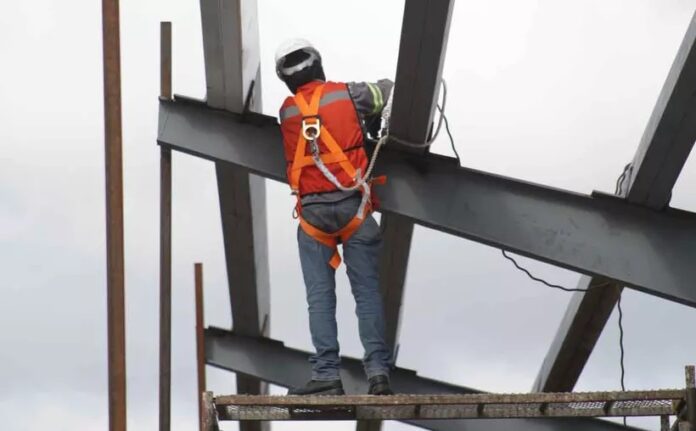Migrants with false documents in Quintana Roo work for lower wages due to the economic difficulties many face and lack resources to legalize their stay.
In 2024, at least four caravans of South American migrants were registered, each comprising over a thousand individuals. Although their ultimate goal was to reach the United States, several chose to remain in Quintana Roo for job opportunities.
Due to their precarious economic situation, these migrants cannot afford to legally document their stay, and therefore turn to ‘polleros’ who provide them with false Mexican documents at an approximate cost of four thousand pesos.
Juan Manuel H, originally from San Salvador, recounted that he was offered this alternative in order to work legally in Cancun; however, nothing has occurred yet, and he fears being discovered and imprisoned due to knowing that it is a serious crime.
“For five thousand pesos, they gave me a false birth certificate, as a Chiapas native, and a voter ID card,” he said. “However, they told me not to vote since it’s only for identification.”
Similarly, unions in Cancun have reported detecting men and women from Central America (Guatemala, El Salvador, and Honduras) working illegally in construction companies, where they are paid up to 30 percent less without benefits such as Social Security.
Immigration authorities have detected Central and South Americans carrying false documents from the United Nations High Commissioner for Refugees (UNHCR), which they used to justify their legal transit through the country towards the US border.
According to figures from the National Institute of Migration (INM), in all of Mexico, over 5,600 Guatemalans; 3,631 Hondurans, and 135 Colombians were deported this year.
Elba González Melo, a human resources specialist, acknowledged that without knowing how they obtain them, Mexican Caribbean companies are detecting South American migrants with apocryphal Mexican documentation.
“Foreigners from neighboring countries arrive in Mexico with Mexican documents, and when it’s time to review them for hiring, that is when one gets the surprise, and they cannot be hired,” she said.
This issue has led companies to implement more thorough selection and recruitment processes, which can benefit them by avoiding unqualified or undocumented personnel.
On this subject, Marilyn Torres Leal, president of Cisvac, pointed out that around 35 South American migrants are assisted weekly, who need to obtain a humanitarian residence card from the National Institute of Migration (INM), a process costing between eight thousand and ten thousand pesos.
Among the challenges faced by companies in Cancun include verifying the authenticity of documents presented by applicants and the lack of training.
According to information from civil organizations dedicated to monitoring migration flows, individuals employed in cities have found work through acquaintances or family members, direct visits, internet advertisements, or public notices.
Seven out of 10 people surveyed feel that they do not take advantage of their work experience; while eight out of ten say they have no benefits. Only four out of ten consider their wages fair.
Source: Sipse






